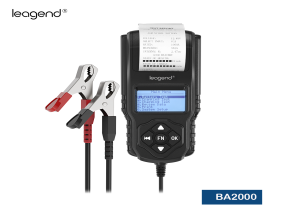GameStop Corp CEO Ryan Cohen has agreed to pay a civil penalty of nearly $1 million after the US Federal Trade Commission (FTC) claimed he failed to properly report the purchase of Wells Fargo shares. This case highlights the importance of adhering to regulations related to large stock acquisitions within the Retail sector.
FTC Complaint and Hart-Scott-Rodino Act Requirements
The Federal Trade Commission's claim stems from GameStop Corp (NYSE:GME) CEO Ryan Cohen's failure to file a report under the Hart-Scott-Rodino Antitrust Act (HSR). The HSR Act mandates that companies and individuals report large transactions, including securities acquisitions that exceed a specified threshold, to the FTC and the Department of Justice. These filings allow federal agencies to review and investigate the transactions before they are finalized to ensure compliance with antitrust laws.
According to the FTC’s complaint, Cohen acquired more than 562,000 voting shares of Wells Fargo in 2018, an amount that exceeded the threshold and triggered the requirement for an HSR filing. However, Cohen did not file the required HSR form before completing the acquisition, which was deemed a violation of the Act.
Exemption Not Applicable
The FTC also noted that Cohen’s acquisition did not qualify for the "Investment-Only Exemption" under the HSR Act, which can sometimes exempt acquisitions from the filing requirement if the transaction is purely for investment purposes. Even though Cohen's stake was less than 10% of Wells Fargo's outstanding voting securities, the exemption did not apply because of Cohen's involvement in Wells Fargo’s business activities.
The complaint highlighted Cohen’s intention to influence Wells Fargo’s business decisions. Cohen reportedly advocated for a board seat and had periodic communications with Wells Fargo's leadership about strategies to improve the company. This interaction further confirmed that his acquisition was not intended solely for investment purposes, disqualifying it from the exemption.
Settlement and Penalty
As a result of the FTC's findings, Cohen agreed to settle the case by paying a civil penalty of approximately $1 million. The settlement brings closure to the matter but underscores the regulatory requirements that must be met when acquiring significant shares in publicly traded companies, particularly within the Retail sector.



